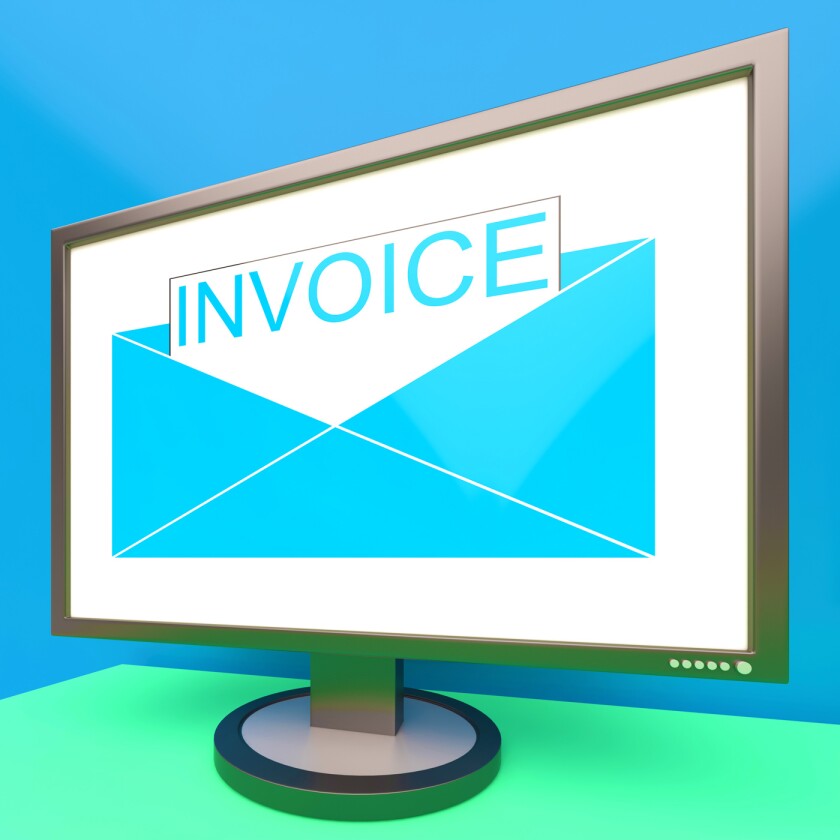The introduction of the so-called Verifactu system is approaching in Spain, and everything seems to indicate that the ministerial order that will serve to kick off the countdown for this system to come into force is imminent. However, and contrary to much of the related information that is available, the Verifactu project does not refer to the obligation to issue electronic invoices on a mandatory basis. These are two different projects, with different objectives, which come from different sources, and therefore have a different timetable.
Although the publication of the order will happen soon, it is widely expected that the date initially scheduled for the system’s entry into force (July 1 2025) will be postponed. This date appeared in an approved decree and was officially published, so the Spanish lawmakers will have to look for the best legal formula to be able to delay it.
The Verifactu system explained
The Verifactu system refers to the characteristics and requirements that invoicing systems must meet to prevent the manufacture, production, and use of computer systems that allow or facilitate the manipulation or concealment of accounting, invoicing, or tax data that will be used for the production of invoices.
In this way, the Verifactu regulation that will soon come into force is certainly ambitious as it regulates in great detail the characteristics that these invoicing systems must have.
What is really important about these invoicing systems is not the issuance of the invoice, since that is the last step of the billing process, but that the systems must generate registration and cancellation invoicing records that are unalterable and perfectly traceable. To do this, the records must have a unique digital fingerprint that cannot be modified, so that every interaction with the invoicing system is identified and recorded.
Records must also be electronically signed. The information that each of these invoicing records must contain is exhaustive and includes the number and series of the invoice to which the record refers, the date of issuance of the invoice, the identification code of the computer system used for its generation, or the date, hour, minute, and second when the record is generated.
Computer invoicing systems must have the capacity to be able to connect in real time with the Spanish tax administration so that they can voluntarily submit the invoicing records continuously, securely, and automatically to the tax authority. Although all systems must have this capacity for immediate communication with the Spanish tax administration, this communication will be, at the beginning of the entry into force of the regulation, voluntary (the taxpayer must decide whether it wants this communication to be made), but in the future it cannot be ruled out that it will be mandatory.
The producers of these systems must certify, by means of a written declaration, that they comply with all the requirements established by the regulation and may be held liable in the event of non-compliance. That is, if a taxpayer uses, in good faith, an invoicing system that has been declared compliant by its producer and then it turns out that this is not the case, that producer will be responsible for the non-compliance.
Although it is not clearly stated in the Verifactu regulations and a clarification is therefore expected from the Spanish tax administration, all the indications are that taxpayers that create invoices with simple office applications (word processors or spreadsheets) that clearly do not have the status of an invoicing system must stop doing so and will be obliged to acquire a certified invoicing system.
Final thoughts on the Verifactu system
In accordance with all the above, we see how the Verifactu system refers to the characteristics that the computer systems used to produce invoices must have, but not to the invoice itself. In other words, it is perfectly possible – and, in fact, it may be the case for a while – that the Verifactu system comes into force and Spanish taxpayers must therefore have an invoicing system that complies with the regulation but it is used to issue invoices in paper or pdf format, given that the obligation to issue electronic invoices is not yet in force in Spain, and it will not be in the short term (there is currently no date for this requirement).
For all those that do not want, or cannot afford, an invoicing system that meets the characteristics indicated above, the Spanish tax administration is going to offer a public invoicing tool.
However, if one really would like to forget about all the above, what they should do is voluntarily use the SII (real-time VAT reporting) system, since companies that comply with it will be excluded from the Verifactu system. This is undoubtedly the preferred option of the Spanish tax administration, since its desire has always been widespread application of the SII system. Considering the complexity of the Verifactu system, it seems that the administration is one step closer to achieving that goal.












